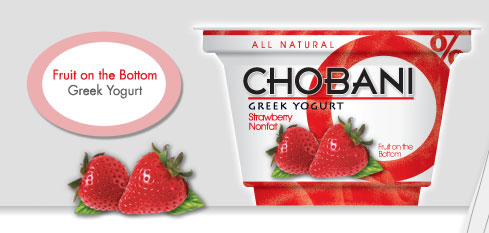
Could you in brief explain the Mediterranean Diet for those that aren’t familiar?
Sure. In three words: It’s a lifestyle!
The Mediterranean Diet is a lifestyle approach to healthy eating that includes enjoying a variety of foods and daily physical activity. The diet was traditionally used to describe the eating patterns of people living in countries bordering the Mediterranean Sea.
What are the key foods in the diet?
Key foods include fruits, vegetables, vegetable-based protein (beans, nuts, seeds), yogurt, cheese, healthy monounsaturated fats like olive oil, nuts and avocado, and fish. Meats and sweets are eaten less often and in smaller amounts (Mediterranean Diet pyramid).
What benefits can one hope to achieve via the diet?
People who closely follow a Mediterranean Diet have been found to have lower risks for virtually all forms of chronic disease, including heart disease, cancer, Alzheimer’s, and diabetes.
The diet has also been shown to benefit weight loss and management efforts, cholesterol and blood pressure levels, allergies, pregnancy outcomes, arthritis, and depression.
But even if someone just makes small changes to their diet to eat in a more Mediterranean-style fashion, there are benefits to be had. The Mediterranean Diet does not label any foods as “bad foods” but encourages people to eat more plant-based foods and healthy fats. Everything is allowed in moderation, which allows people to enjoy food and feel satisfied.
How can diet influence the health of your skin?
The diet’s positive effects stem from its ability to combat inflammation. Inflammation is a major component of many chronic diseases and can also wreak havoc on your skin.
Inflammation accelerates fine lines, wrinkles and enlarged pores, as well as causes puffiness, sagging, blotchiness or reddening of the skin. By following an anti-inflammatory diet, such as a Mediterranean Diet, one may lessen some of these visible signs of inflammation. More after the jump!
Small steps are the best way to go when starting any new eating or exercise plan. I usually recommend simple changes. Here are some easy tips to get started:
– Spread hummus on your sandwich instead of mayonnaise.
– Use olive oil or canola oil instead of butter when cooking.
– Try to eat a 3oz serving of seafood at least twice a week.
– Cut meat out of your diet at least one day a week.
– Choose whole grains when you can. Bulgar, quinoa, and oats, whole-wheat bread, and popcorn are just a few examples.
– Throw chopped veggies into pasta sauces instead of ground meat.
– Opt for Greek yogurt and fresh fruit in the morning in place of a white bagel and cream cheese.
– Enjoy a baked pear sprinkled with raisins and walnuts for dessert. It’s even better than cake or ice cream!
Are there any drawbacks to the diet? Are they any fish/foods in the diet that can be dangerous if not consumed in moderation?
Moderation is key to any diet! Mercury is always an issue when consuming seafood. It’s important to limit intake of fish high in mercury like tuna steak and sword fish. Also, even though olive oil and other healthy fats are good for you, they’re still high in calories. Use portion control when eating these foods.
For one, anyone who’s ever tried Chobani Greek Yogurt knows just how creamy and rich it is. This amazing texture results from how Greek Yogurt is made. We strain it to remove the excess liquid. This process also causes a two-fold increase in the protein content.
I heard that eating a 170g container of yogurt an hour before working out is the ideal fuel before moderate exercising. Is that true?
Yogurt is a great pre- AND post-workout snack due to its mix of carbohydrates and protein. Greek yogurt in particular is an awesome fuel since it’s so high in protein.
How fab are some of these recommendations and insights!? For healthy recipes and more on Chobani — they just added two great new flavors, 0% Pomegranate and 2% Pineapple (though plain with some granola and fruit is still my fave!) — click here.
